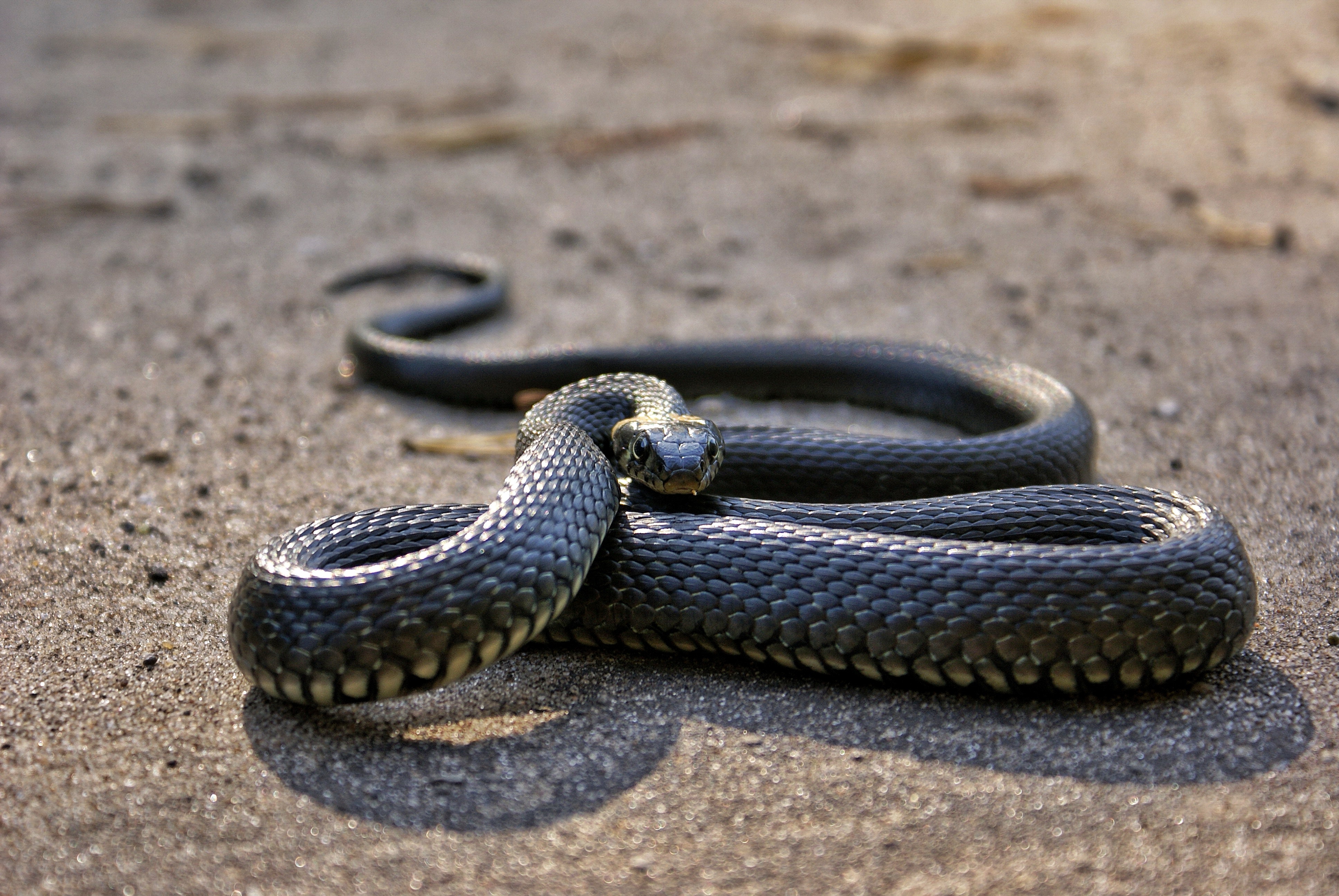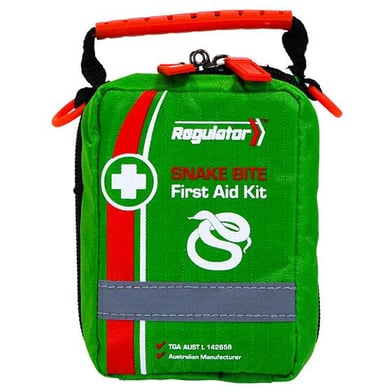Snakebite envenoming is a potentially life-threatening disease caused by toxins in the bite of a venomous snake
The World Health Organization estimates that between 81,000 and 138,000 people around the world die each year from snakebite and up to 400,000 are left permanently disabled or disfigured, as a result of being bitten by venomous snakes. In many communities, these permanent injuries result in people being discriminated against and ostracised. It leads to crippling loss of income, debt, mental health issues and reduced quality of life.
In 2017, the World Health Organization added snakebite envenoming to its list of highest priority neglected tropical diseases (NTDs) and in May this year the 71st World Health Assembly unanimously adopted a resolution calling on the governments of the world and the WHO to tackle the problem.
Dr David Williams, Head of the Australian Venom Research Unit at the University of Melbourne, says: “developing a sustainable package of interventions to reduce the burden of death and suffering is a substantial challenge. The WHO has started the process of preparing a strategic road map that aims at cutting deaths and disability by 50% before 2030”.
“But to succeed the WHO needs support and assistance from a wide range of partners, and in that regard, establishing an International Snakebite Awareness Day is a huge step in the right direction.”
The coalition hopes that International Snakebite Awareness Day will galvanise action around the issue and add momentum to a call, which was supported by the late Kofi Annan, on national governments, health agencies, pharmaceutical companies and non-governmental organisations to acknowledge snakebite as a global health issue.
OVERVIEW
Snakebite envenoming is a potentially life-threatening disease caused by toxins in the bite of a venomous snake. Envenoming can also be caused by having venom sprayed into the eyes by certain species of snakes that have the ability to spit venom as a defence measure.
Inadequate past efforts to control snakebite envenoming has produced fragmented, inaccurate epidemiological data. Many victims do not attend health centres or hospitals and instead rely on traditional treatments. However, available data show 4.5–5.4 million people get bitten by snakes annually. Of this, 1.8–2.7 million develop clinical illness and 81 000 to 138 000 die from complications.
High-risk groups include rural agricultural workers, herders, fishermen, hunters, working children, people living in poorly constructed houses and those with limited access to education and healthcare. Morbidity and mortality occur most frequently among young people and children suffer higher case fatality. Furthermore, women experience increased barriers to accessing medical care in some cultures and pregnant women are extremely vulnerable.
An ongoing crisis restricting access to safe, effective antivenom treatment in many regions, and particularly sub-Saharan Africa, is one factor that contributes to the predisposition for seeking help through traditional medicine.
SYMPTOMS
Bites or sprayed venom from venomous snakes can cause a range of acute and serious medical emergencies. Envenoming from different types of snakes can cause different symptoms, some more serious than others. This makes the preparation of correct antivenoms an ongoing problem. Envenoming can cause severe paralysis that may prevent breathing, making immediate medical attention critical. People may also experience bleeding disorders that can lead to fatal haemorrhages or irreversible kidney failure. Severe local tissue destruction may also occur, which can lead to permanent disability and even limb amputation. Children are at higher risk of severe effects due to lower body mass than adults.
Most deaths and serious consequences from snake bites are entirely preventable by making safe and effective antivenoms more widely available and accessible, particularly in high-risk areas. High quality snake antivenoms are the only effective treatment to prevent or reverse most of the venomous effects of snake bites.
TREATMENT
Snake antivenoms are effective treatments to prevent or reverse most of the harmful effects of snakebite envenoming and are included in the WHO list of essential medicines. The availability and accessibility of these antivenoms, along with raising awareness on primary prevention methods among communities and health workers, are the best ways to limit serious consequences and deaths from snakebite envenoming.
After a bite by a snake suspected of being venomous, follow these steps:
- Immediately move away from the area where the bite occurred.
- Remove anything tight from around the bitten part of the body to avoid harm if swelling occurs.
- Reassure the victim, as most venomous snake bites do not cause immediate death.
- Immobilise the person completely and transport the person to a health facility as soon as possible
- Applying pressure at the bite site with a pressure pad may be suitable in some cases.
- Avoid traditional first aid methods or herbal medicines.
- Paracetamol may be given for local pain (which can be severe).
- Vomiting may occur, so place the person on their left side in the recovery position.
- Closely monitor airway and breathing and be ready to resuscitate if necessary
Our portfolio of commercial clients is spread across a number of industries including Mining, Oil and Gas, Health Care, Aged Care, Restaurants, Food Processors, Manufacturers and Retailers, Schools and Universities, Property Managers, Manufacturing, Distribution and Warehousing.
We also provide pest management solutions to a large number of businesses who are not legally obliged to carry out pest control but wish to maintain a safe and hygienic workplace.
For Commercial Pest Control, call Pestpro today on 9336 6944 or email admin@swsgroup.com.au for a representative to contact you shortly.
Extra Reading:
Snake Safety - Department of Environment & Natural Resources
Be First Aid ready with our Snake Bite First Aid Kit

















